Home>Garden Essentials>How To Consume Chia Seeds For Constipation
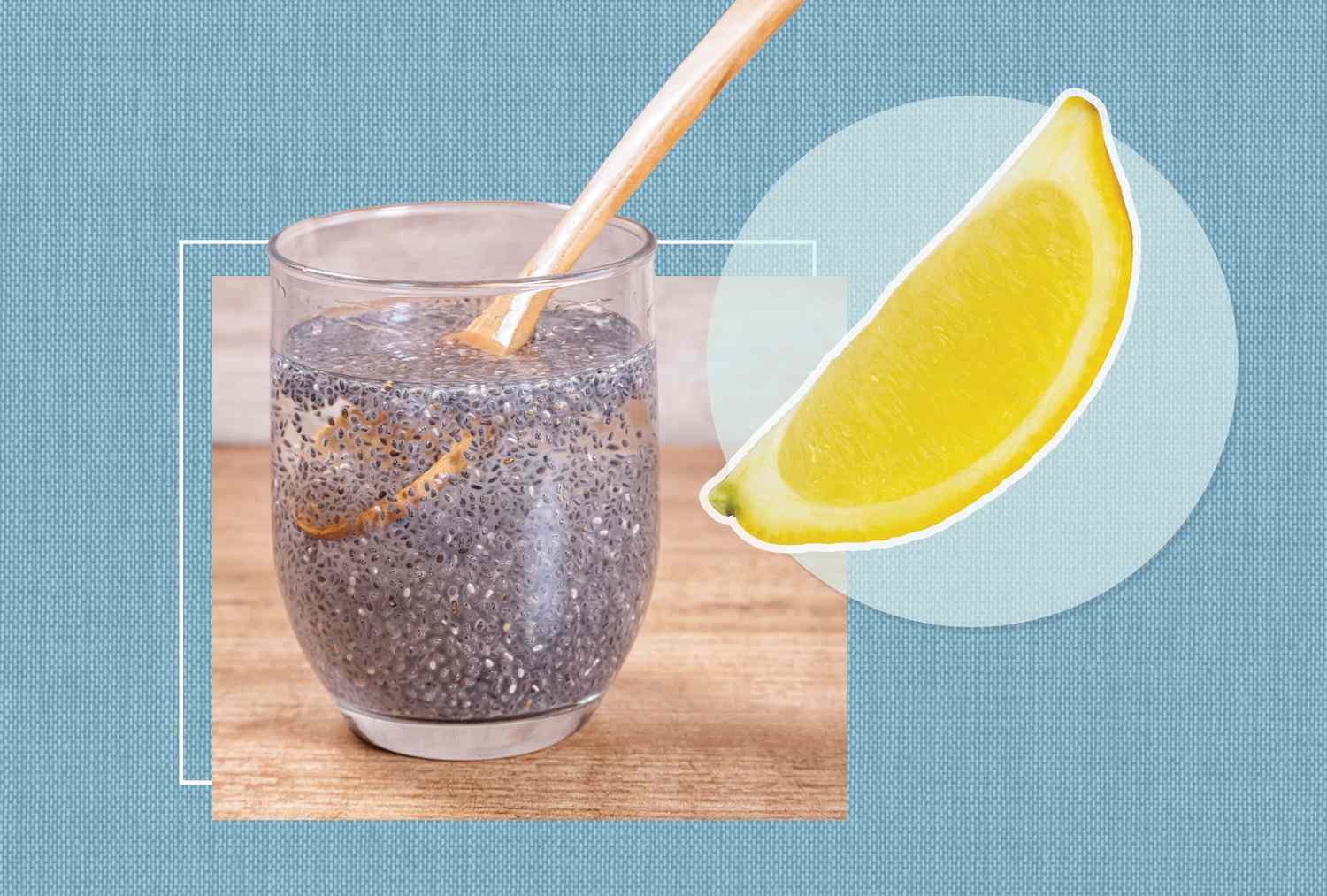

Garden Essentials
How To Consume Chia Seeds For Constipation
Modified: October 18, 2024
Discover the best ways to consume chia seeds from your own garden and relieve constipation. Try these simple methods today!
(Many of the links in this article redirect to a specific reviewed product. Your purchase of these products through affiliate links helps to generate commission for Storables.com, at no extra cost. Learn more)
Introduction
Constipation is a common digestive issue that can cause discomfort, bloating, and irregular bowel movements. Many people turn to over-the-counter laxatives or dietary changes to relieve constipation, but there is a natural and effective solution worth considering – chia seeds. These tiny seeds may be small, but they pack a powerful punch when it comes to promoting bowel regularity.
Chia seeds have been used for centuries by various cultures for their numerous health benefits. They are rich in fiber, omega-3 fatty acids, protein, and antioxidants. When consumed, chia seeds absorb liquid and form a gel-like substance in the gut, aiding digestion and helping to soften stools. This gentle yet effective laxative effect can provide relief from constipation without the need for harsh chemical laxatives.
In this article, we will explore the benefits of chia seeds for constipation relief and discuss various ways to consume them. We will also provide some delicious and easy-to-make chia seed recipes to incorporate into your daily routine. But before we delve into the details, let’s take a closer look at what chia seeds are and why they are beneficial for digestive health.
Key Takeaways:
- Chia seeds offer a natural and gentle solution for constipation relief due to their high fiber content, hydrating properties, and support for healthy gut bacteria. They can be easily incorporated into delicious recipes for added health benefits.
- When consuming chia seeds, it’s important to start slowly, stay hydrated, and listen to your body’s response. With their versatility and numerous health benefits, chia seeds can be a valuable addition to a balanced diet for promoting healthy digestion and overall well-being.
What Are Chia Seeds?
Chia seeds, scientifically known as Salvia hispanica, are small black or white seeds native to Central and South America. They have been cultivated and consumed for thousands of years, dating back to ancient civilizations such as the Mayans and Aztecs. These seeds were highly valued for their nutritional properties and were even used as currency in some cultures.
Chia seeds are known for their impressive nutrient profile. They are an excellent source of dietary fiber, with just one ounce (28 grams) containing around 10 grams of fiber. Fiber is essential for maintaining healthy digestion and preventing constipation. Chia seeds are also rich in omega-3 fatty acids, which have anti-inflammatory properties and are beneficial for heart health.
In addition to fiber and omega-3s, chia seeds are packed with other essential nutrients. They are a good source of protein, providing all nine essential amino acids that the body needs to function properly. Chia seeds are also loaded with antioxidants, which help protect the body against damage from free radicals.
One of the unique properties of chia seeds is their ability to absorb liquid. When soaked in water or other liquids, chia seeds form a gel-like substance due to their high soluble fiber content. This gel-like consistency allows the seeds to expand and retain moisture, which can aid in keeping the digestive system hydrated and preventing hard, dry stools.
Overall, chia seeds are a nutrient-dense powerhouse that can support overall health and well-being, particularly when it comes to digestive health and constipation relief.
Benefits of Chia Seeds for Constipation
Chia seeds offer several benefits for relieving constipation and promoting healthy digestion. Let’s explore some of the key advantages:
1. High in Fiber:
Chia seeds are an excellent source of dietary fiber, which plays a crucial role in maintaining regular bowel movements. The soluble fiber in chia seeds absorbs water and forms a gel-like substance that adds bulk to the stool, making it easier to pass. This can help prevent and alleviate constipation by promoting smooth and efficient bowel movements.
2. Provides Natural Laxative Effect:
When consumed, chia seeds swell and create a gel-like consistency due to their soluble fiber content. This helps to soften the stool and promotes bowel regularity. The gel-like texture also helps to lubricate the intestines and facilitate the passage of waste through the digestive tract, providing a gentle and natural laxative effect without harsh side effects.
Read more: How To Consume Hemp Seeds
3. Hydrates the Digestive System:
The ability of chia seeds to absorb liquid not only aids in the formation of a gel-like consistency but also helps to keep the digestive system hydrated. This is essential for maintaining proper digestion and preventing dry, hard stools. Adequate hydration is crucial for preventing constipation, and chia seeds can help retain moisture in the digestive system.
4. Supports Healthy Gut Bacteria:
Chia seeds are a source of prebiotic fibers, which serve as fuel for the beneficial bacteria in the gut. These bacteria play a vital role in maintaining a healthy digestive system. By providing nourishment to these friendly microbes, chia seeds can help promote a healthy balance of gut bacteria and support optimal digestive function.
5. Nutrient-Rich and Anti-Inflammatory:
Chia seeds are not only loaded with fiber but are also packed with essential nutrients, including omega-3 fatty acids and antioxidants. Omega-3s have anti-inflammatory properties, which can help reduce inflammation in the digestive system and improve overall gut health. The antioxidants found in chia seeds also contribute to reducing inflammation and protecting against free radicals.
Overall, chia seeds offer a natural and effective solution for constipation relief. Their high fiber content, natural laxative effect, hydrating properties, and support for healthy gut bacteria make them a valuable addition to a constipation management plan.
How to Prepare Chia Seeds for Consumption
Chia seeds are incredibly versatile and easy to incorporate into your diet. Here are a few simple steps to prepare chia seeds for consumption:
Read more: How To Consume Moringa Seeds
1. Soak Chia Seeds:
One of the best ways to consume chia seeds is to soak them before eating. This helps to activate their gel-like properties and makes them easier to digest. To soak chia seeds, simply place them in a bowl or glass, and add water or your preferred liquid, such as almond milk or coconut water. Use a ratio of 1 tablespoon of chia seeds to 3 tablespoons of liquid. Stir well and let the seeds soak for at least 10 to 15 minutes, or even overnight in the refrigerator. The chia seeds will absorb the liquid and become gelatinous in texture, ready to be consumed.
2. Grind Chia Seeds:
If you prefer a smoother texture or want to incorporate chia seeds into recipes seamlessly, you can grind them into a powder. Use a blender or a coffee grinder to grind the chia seeds until they reach a fine consistency. Ground chia seeds can be added to smoothies, baked goods, or sprinkled on top of yogurt or oatmeal.
3. Add Chia Seeds to Recipes:
Chia seeds can be added to various recipes to boost their nutritional value and add a delightful texture. You can mix them into pancake or waffle batter, stir them into homemade granola or energy bars, or sprinkle them on top of salads for added crunch. They can also be used as an egg substitute in vegan baking by mixing 1 tablespoon of chia seeds with 3 tablespoons of water and letting it sit until it forms a gel-like consistency.
4. Make Chia Seed Pudding:
Chia seed pudding is a delicious and nutritious treat that is simple to make. Combine 1/4 cup of chia seeds, 1 cup of your preferred milk (such as almond milk or coconut milk), and a natural sweetener like honey or maple syrup in a jar or bowl. Stir well to combine, and let it sit in the refrigerator for at least 2 hours or overnight. The chia seeds will absorb the liquid, creating a pudding-like consistency. Serve with your favorite toppings, such as fresh fruit or nuts.
Remember to drink plenty of water when consuming chia seeds, as they have the ability to absorb liquid and can cause discomfort if not adequately hydrated. Start with small quantities and gradually increase your intake to allow your body to adjust to the added fiber content.
By preparing chia seeds properly, you can unlock their full potential and enjoy their numerous health benefits.
Read more: How To Consume Flax Seeds
Chia Seed Recipes for Constipation Relief
Incorporating chia seeds into your diet can be both delicious and beneficial for relieving constipation. Here are a few simple chia seed recipes to help promote bowel regularity:
1. Chia Seed Smoothie:
Start your day with a nutrient-packed smoothie that includes the goodness of chia seeds. Blend together 1 ripe banana, 1 cup of spinach, 1 tablespoon of chia seeds, 1 cup of your favorite milk or yogurt, and a handful of berries. This creamy and fiber-rich smoothie will not only provide constipation relief but also deliver a boost of vitamins and antioxidants.
2. Chia Seed Overnight Oats:
Prepare a delicious and fiber-filled breakfast by combining 1/2 cup of oats, 1 tablespoon of chia seeds, 1 cup of milk, and a dash of vanilla extract in a jar. Stir well, cover, and refrigerate overnight. In the morning, top with fresh fruits, nuts, or a drizzle of honey for added flavor. The chia seeds will absorb the liquid and create a creamy and satisfying breakfast that aids digestion.
3. Chia Seed Energy Balls:
Make a batch of healthy and convenient energy balls using chia seeds. In a food processor, combine 1 cup of dates, 1/2 cup of nuts (such as almonds or cashews), 2 tablespoons of chia seeds, 2 tablespoons of cocoa powder, and a pinch of salt. Process until the mixture becomes sticky and holds together. Roll the mixture into small balls and refrigerate for at least 1 hour. These energy balls provide a fiber boost and make a perfect on-the-go snack.
Read more: How To Consume Black Seeds
4. Chia Seed Pudding Parfait:
Create a delightful dessert or snack by layering chia seed pudding with your favorite fruits and toppings. In a jar, alternate layers of chia seed pudding (made by soaking chia seeds in milk and sweetener) with fresh berries, sliced bananas, and crunchy granola. Repeat the layers until the jar is filled, and refrigerate for at least 2 hours to allow the flavors to meld together. This parfait not only satisfies your sweet tooth but also promotes healthy digestion.
5. Chia Seed Salad Dressing:
Add a boost of fiber and omega-3s to your salads by making a homemade chia seed dressing. In a small bowl, whisk together 2 tablespoons of chia seeds, 1/4 cup of olive oil, 2 tablespoons of lemon juice, 1 tablespoon of honey or maple syrup, 1 clove of minced garlic, and a pinch of salt and pepper. Let the dressing sit for a few minutes to allow the chia seeds to absorb the liquid and thicken the dressing. Drizzle over your favorite salad for a healthy and constipation-relieving meal.
These recipes are just a few examples of how you can incorporate chia seeds into your daily routine to promote healthy digestion and relieve constipation. Feel free to get creative and experiment with different ingredients to suit your taste preferences. Remember to enjoy these recipes in moderation and alongside a balanced diet.
Precautions and Potential Side Effects
While chia seeds are generally safe for consumption, it is important to be aware of some precautions and potential side effects:
1. Allergies:
Individuals with allergies to seeds, such as sesame or mustard seeds, may also have an allergic reaction to chia seeds. If you have known seed allergies, it is advisable to consult with a healthcare professional before incorporating chia seeds into your diet.
Read more: How Chia Seeds Grow
2. Digestive Discomfort:
Some individuals may experience digestive issues, such as bloating, gas, or an upset stomach, after consuming chia seeds. This is often due to the high fiber content of chia seeds. It is recommended to start with a small amount and gradually increase intake to allow your body to adjust to the increased fiber levels.
3. Medication Interactions:
Chia seeds may interact with certain medications, such as blood thinners. Chia seeds contain omega-3 fatty acids, which have a mild blood-thinning effect. If you are taking any medications or have a bleeding disorder, it is best to consult with your healthcare provider before adding chia seeds to your diet.
4. Hydration:
Chia seeds have the ability to absorb liquid and expand in size. It is important to consume them with adequate fluids to prevent discomfort or blockage in the digestive tract. Drinking plenty of water throughout the day when incorporating chia seeds into your diet is essential.
5. Moderation:
While chia seeds offer many health benefits, it is important to consume them in moderation. Excessive intake of chia seeds can provide an excess of fiber, which may lead to digestive issues or nutrient imbalances. It is recommended to consume chia seeds as part of a well-rounded and varied diet.
If you experience any adverse reactions or persistent symptoms after consuming chia seeds, it is best to consult a healthcare professional for guidance.
Overall, chia seeds are a nutritious and beneficial addition to a balanced diet, but it is important to be mindful of these precautions and potential side effects to ensure safe and comfortable consumption.
Read more: How To Take Chia Seed
Tips for Incorporating Chia Seeds into Your Diet
Adding chia seeds to your diet is a simple and effective way to boost your fiber intake and promote healthy digestion. Here are some tips to help you incorporate chia seeds into your daily routine:
1. Start Slowly:
If you’re new to chia seeds, it’s best to start with a small quantity and gradually increase your intake. This allows your body to adjust to the increased fiber content and reduces the risk of digestive discomfort.
2. Soak Chia Seeds:
To enhance their digestibility and maximize their nutritional benefits, try soaking chia seeds before consuming them. Soaking chia seeds in liquid for at least 15 minutes or overnight helps them form a gel-like consistency, making them easier to digest and allowing for better absorption of nutrients.
3. Use Chia Seeds as a Thickening Agent:
Chia seeds can be used as a natural thickening agent in various recipes. Add them to soups, stews, or sauces to enhance their texture and add a nutritional boost. The seeds absorb liquid and create a gel-like consistency, making them an excellent substitute for cornstarch or flour.
Read more: How To Grow Chia Seeds In Terracotta
4. Mix Chia Seeds into Yogurt or Oatmeal:
Sprinkle chia seeds onto your yogurt or oatmeal for an added nutritional punch. They add a pleasant crunch and boost the fiber content of your breakfast, helping to keep you full and satisfied throughout the morning.
5. Blend Chia Seeds into Smoothies:
Add a tablespoon or two of chia seeds to your favorite smoothie recipes. Not only will this provide a fiber boost, but it will also help thicken the smoothie and give it a satisfying texture.
6. Incorporate Chia Seeds into Baking:
Get creative in the kitchen by incorporating chia seeds into your baking recipes. Add them to muffins, cookies, or bread for extra fiber and a nutrient boost. You can either use them whole or grind them into a powder for a smoother texture.
7. Make Chia Seed Pudding:
Chia seed pudding is a delicious and versatile treat that can be enjoyed as a snack or dessert. Combine chia seeds with your choice of milk, such as almond or coconut milk, and let it sit in the refrigerator overnight or for a few hours until it thickens. Top with fresh fruits, nuts, or a drizzle of honey for added flavor.
Read more: How To Prepare Chia Seeds For Dogs
8. Experiment with Chia Seed Recipes:
Don’t be afraid to experiment with different chia seed recipes. From energy balls to salad dressings, chia seeds can be incorporated into a wide array of dishes. Explore online recipe sources or get creative in the kitchen to find new and exciting ways to enjoy chia seeds.
With these tips, you can easily incorporate chia seeds into your diet and enjoy their many health benefits. Remember to stay hydrated and listen to your body’s response when introducing new foods to your routine.
Conclusion
When it comes to finding natural solutions for constipation relief, chia seeds are a powerful ally. These tiny seeds, packed with fiber, omega-3 fatty acids, and antioxidants, offer numerous benefits for digestive health. Incorporating chia seeds into your diet can help promote regular bowel movements, hydrate the digestive system, support healthy gut bacteria, and provide essential nutrients.
In this article, we explored the various ways to prepare and consume chia seeds, from soaking them to grinding them into a powder. We also provided a range of chia seed recipes that not only aid in constipation relief but also add delicious flavors and textures to your meals. However, it’s important to remember that individual experiences may vary, and it’s always best to listen to your body and seek guidance from a healthcare professional if needed.
As with any dietary change, it’s important to start slowly when incorporating chia seeds into your routine. Pay attention to how your body responds and adjust your intake as necessary. Additionally, it’s crucial to stay hydrated when consuming chia seeds to ensure their proper digestion and effectiveness.
Chia seeds are a wonderful addition to a balanced diet, offering a natural and gentle approach to relieving constipation. However, they are not a standalone solution. It’s important to maintain a healthy lifestyle overall by staying active, eating a well-rounded diet, and managing stress levels.
Incorporating chia seeds into your daily routine may not only provide relief from constipation but also offer a range of other health benefits. From supporting heart health to promoting healthy digestion and providing essential nutrients, chia seeds are a versatile and nutrient-packed superfood.
So why not give chia seeds a try? With their ease of preparation, versatility, and numerous health benefits, they can become a valuable addition to your daily diet. Start enjoying the benefits of chia seeds today and experience the wonders they can do for your digestive health and overall well-being.
Frequently Asked Questions about How To Consume Chia Seeds For Constipation
Was this page helpful?
At Storables.com, we guarantee accurate and reliable information. Our content, validated by Expert Board Contributors, is crafted following stringent Editorial Policies. We're committed to providing you with well-researched, expert-backed insights for all your informational needs.
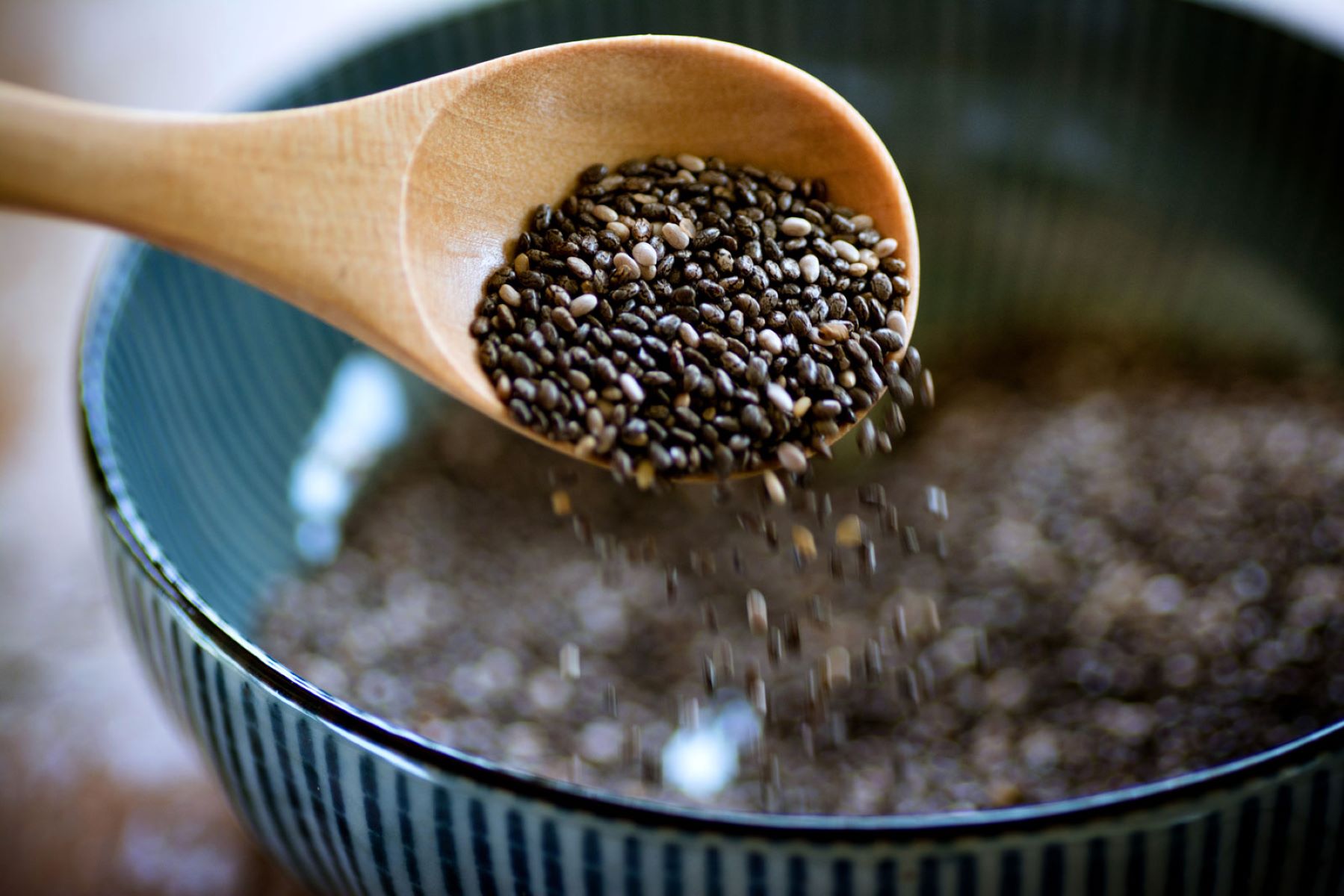
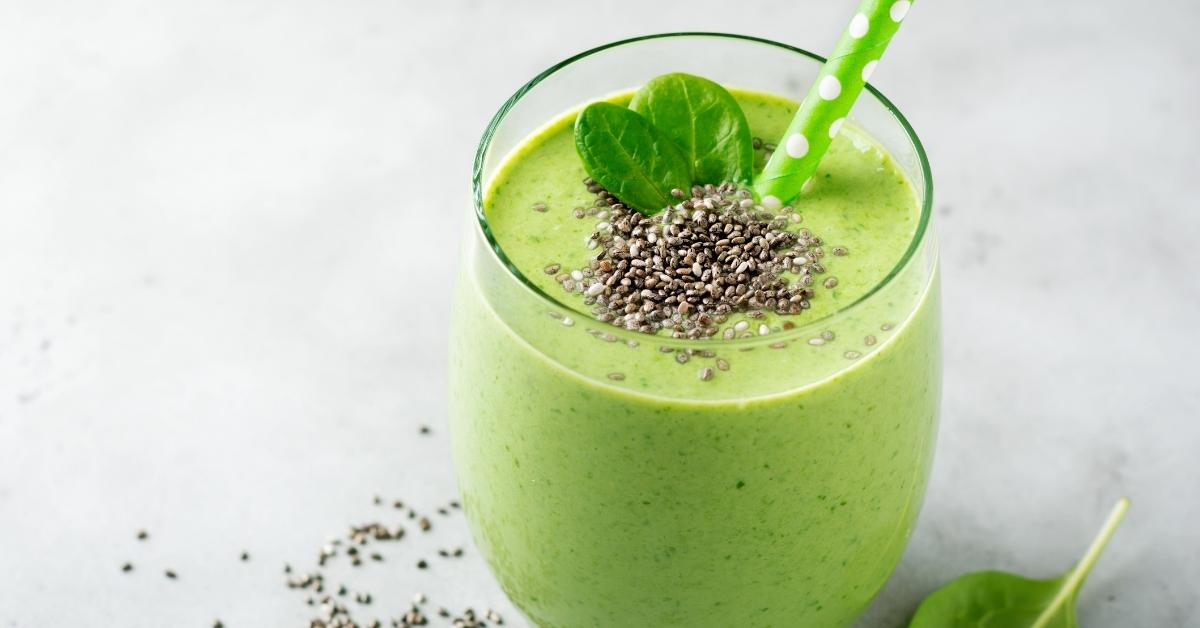
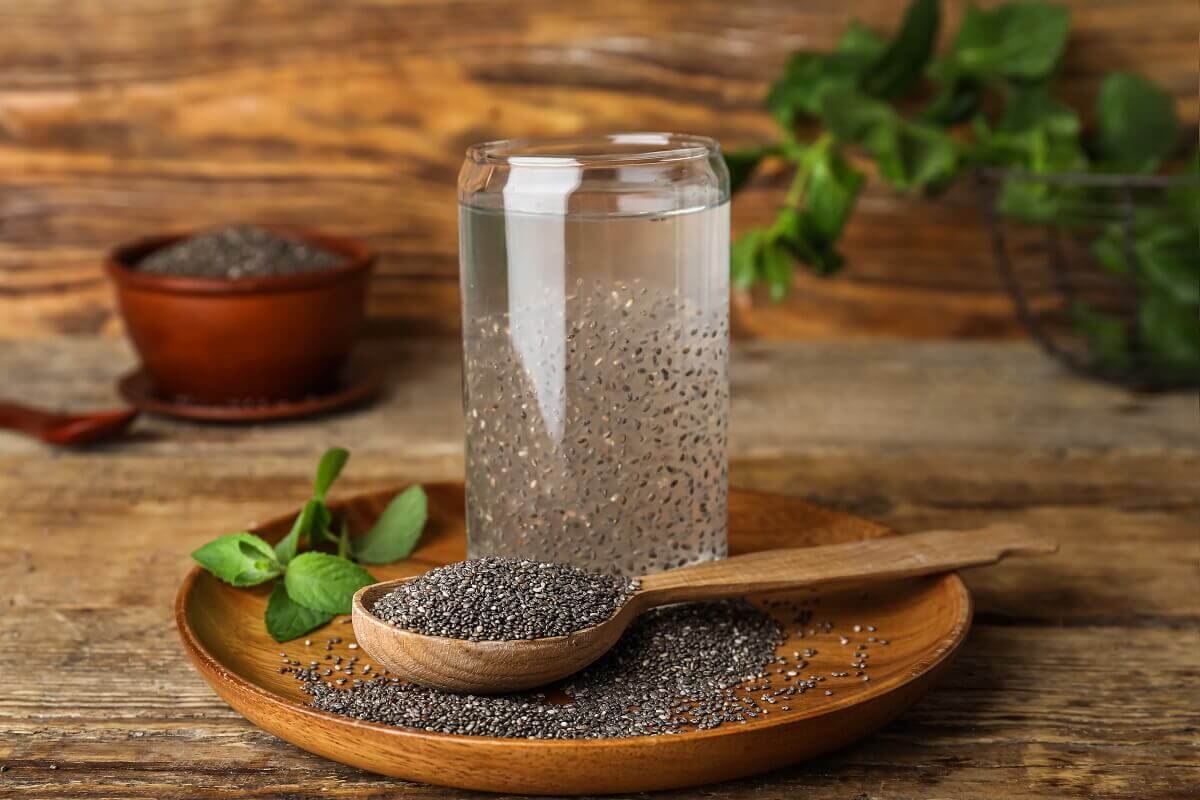
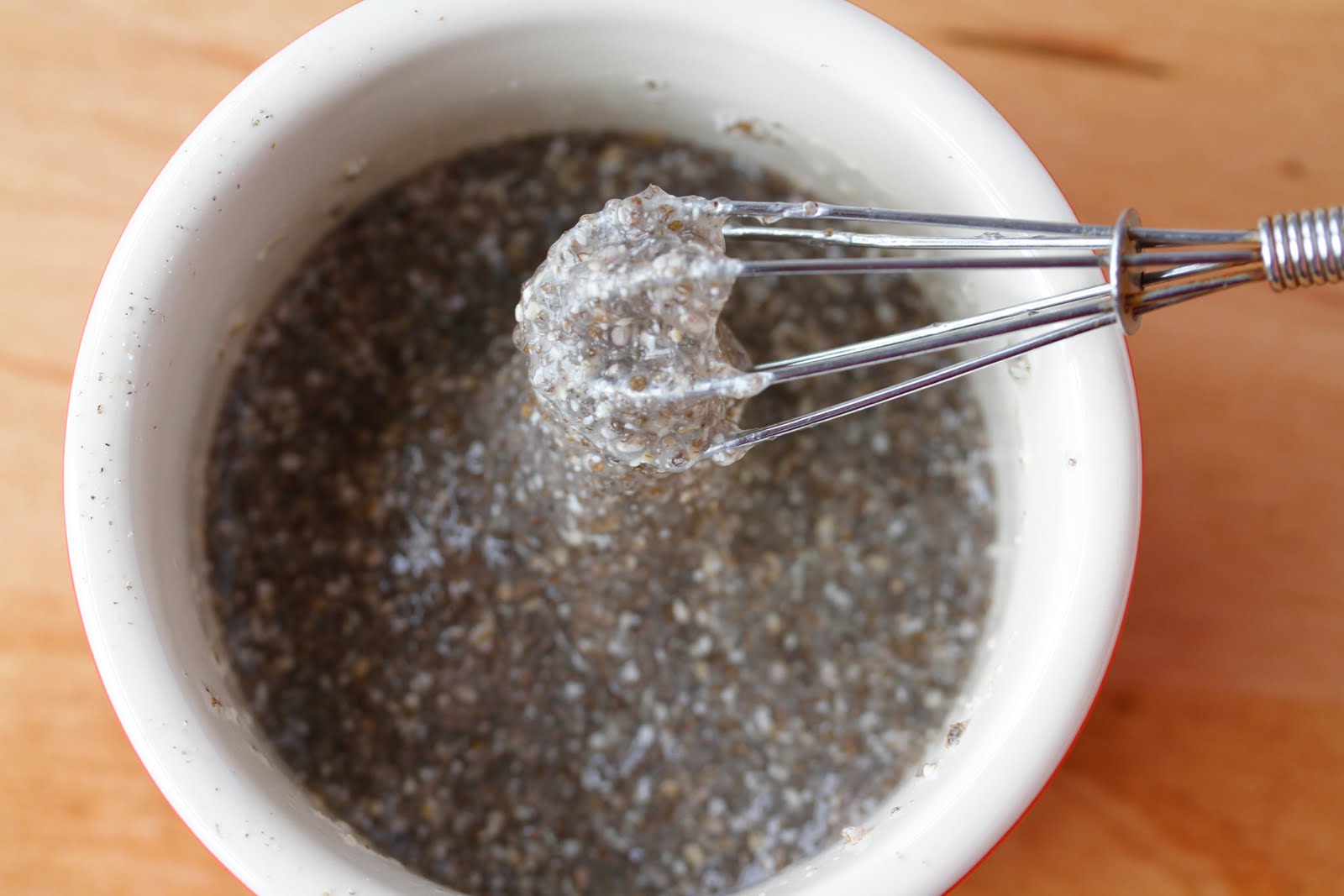
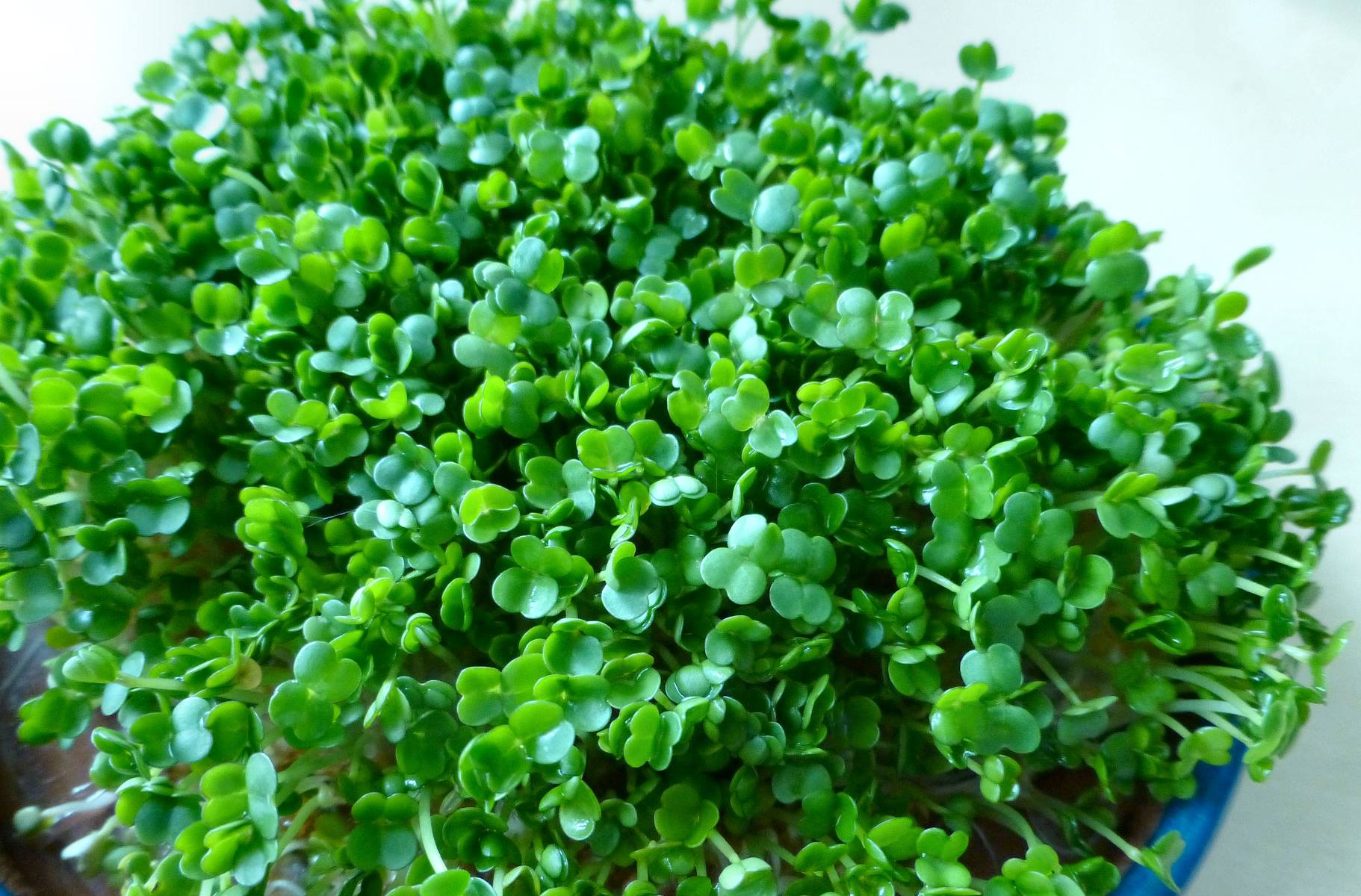
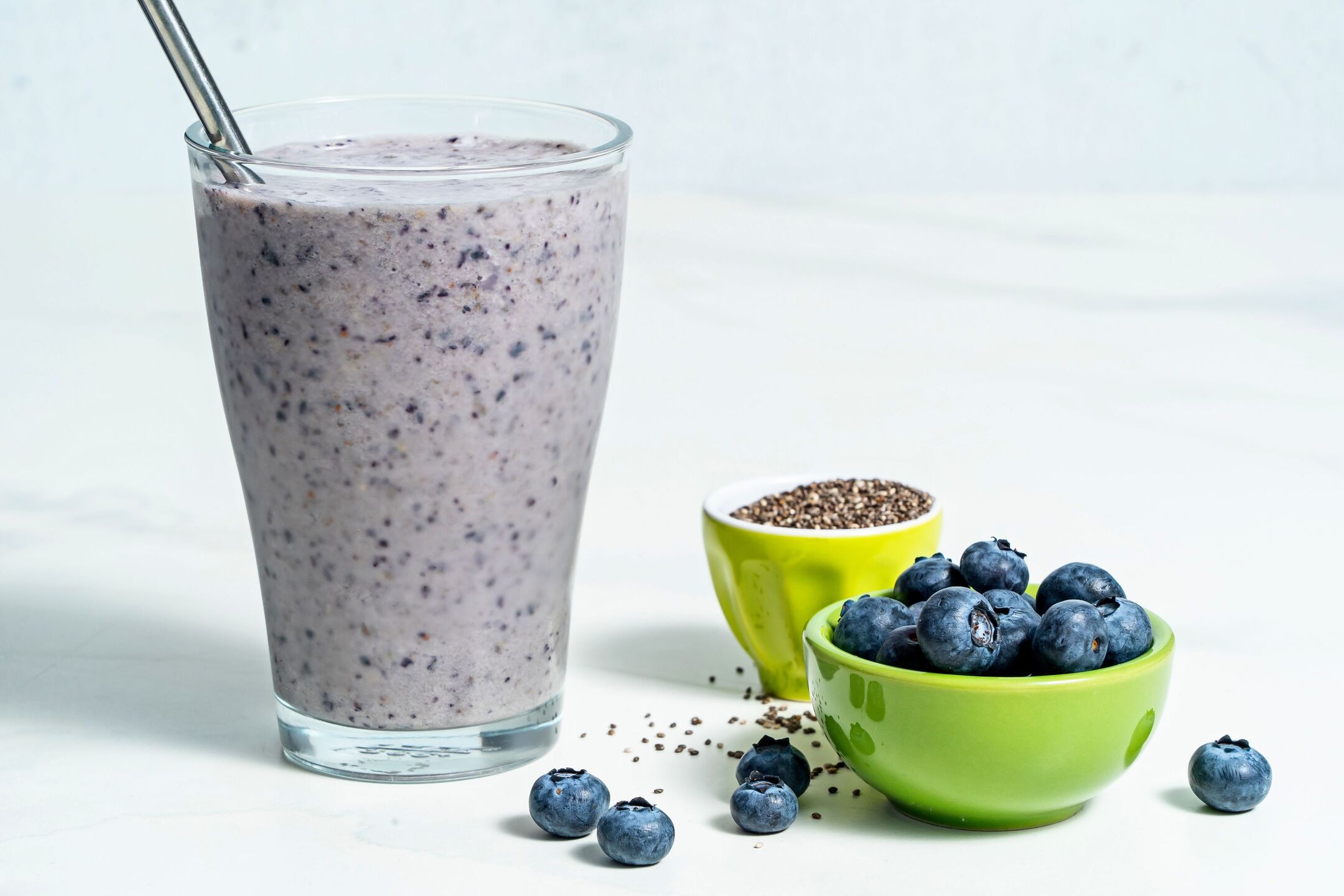
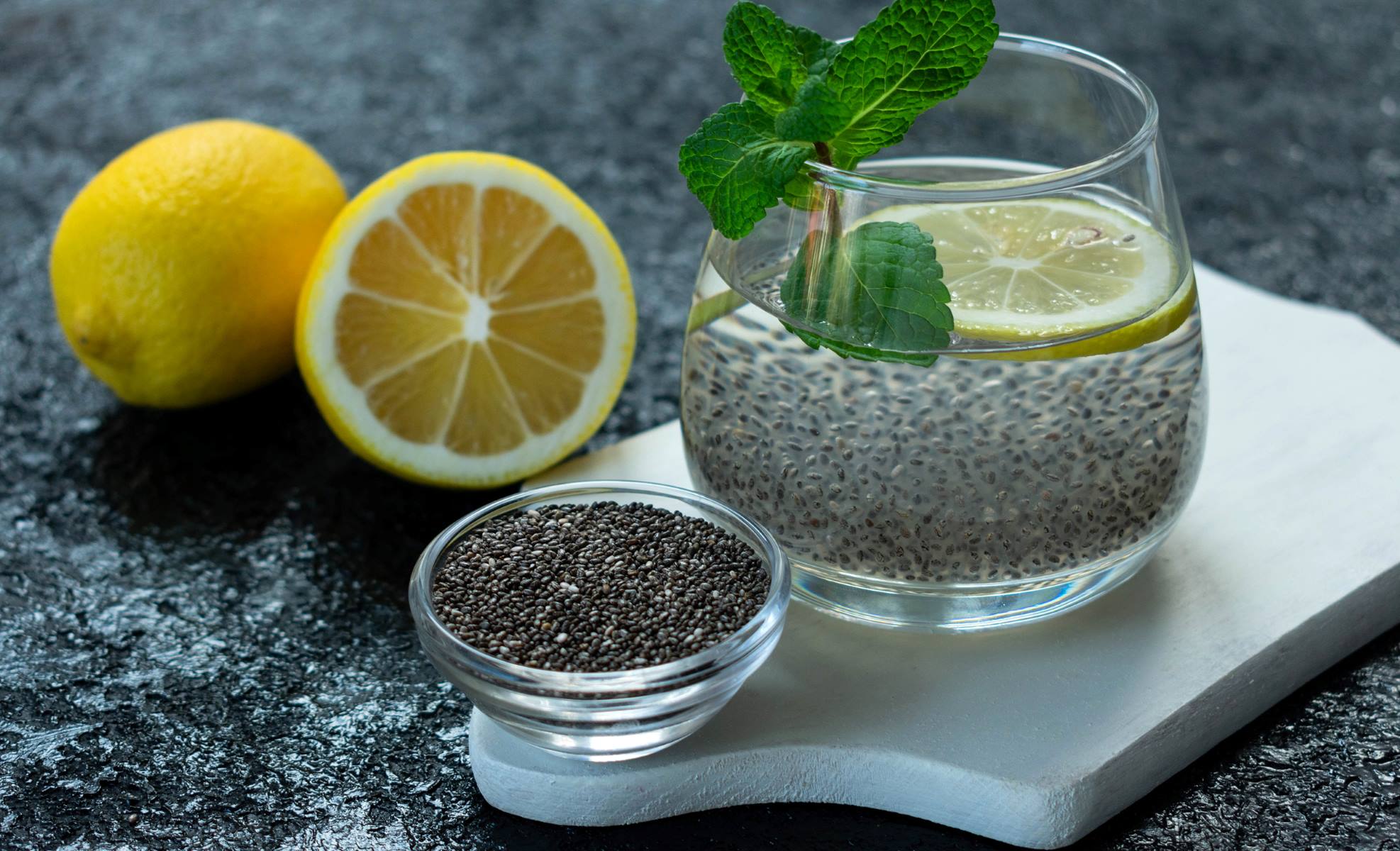

0 thoughts on “How To Consume Chia Seeds For Constipation”